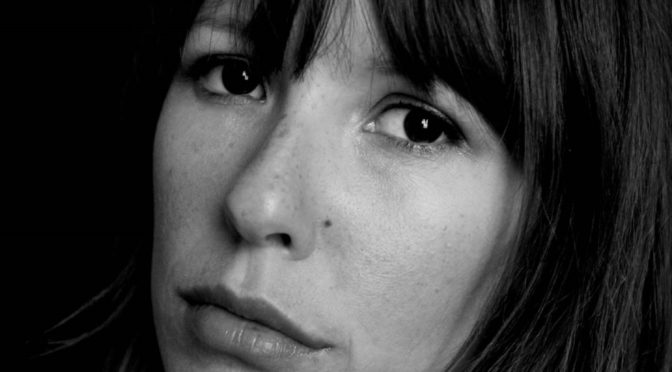The Stella Interview: Tara June Winch on The Yield

What was your first thought when you heard you’d been selected for the Stella shortlist?
I felt time, as if in the passage of my life there was another marker. My greatest literary goal has been to have a readership, and I felt this rush of stepping toward my goal, as if all the years of solitary writing had mattered.
Can you share with us your favourite line or quote from your book?
ashamed, have shame –giyal-dhuray I’m done with this word. I’d leave it out completely but I can’t. It’s become part of the dictionary we think we should carry. We musn’t anymore. See, pain travels through our family tree like a songline. We’ve been singing our pain into a solid thing. The old ones, the young ones too, are ready to heal. We don’t have to be giyal-dhuray anymore, we don’t have to pass that down anymore.
I read bushtucker guides, field notes, reports and papers and museum submissions and listened and asked a lot of questions.
You have three narrative lines in your novel. One of these – Albert “Poppy” Gondiwindi is written as a series of entries in a dictionary for Language that Poppy was composing before he died. What kind of research did this require?
The research was a huge component, I had to show that Poppy was a time traveller, that he knew all things, so I had to try to find out so much, because I only knew his personal stories relating to the characters. I read bushtucker guides, field notes, reports and papers and museum submissions and listened and asked a lot of questions. I knew of colonial violence and destruction, but I didn’t know it as intimately as I discovered.
How long did this book take you to write from concept to completion?
Over a decade.
What are some other Australian women and non-binary writers that you’ve recently enjoyed?
The Sweatshop women writers collective out of Western Sydney, Ruby Hamad, Maxine Beneba-Clark, Carly Findlay, Claire G. Coleman, and slowly discovering the Stella longlisted authors.
What are you working on next?
A novel set in the Swiss Alps, about grief and déjà vu and eternal love.




